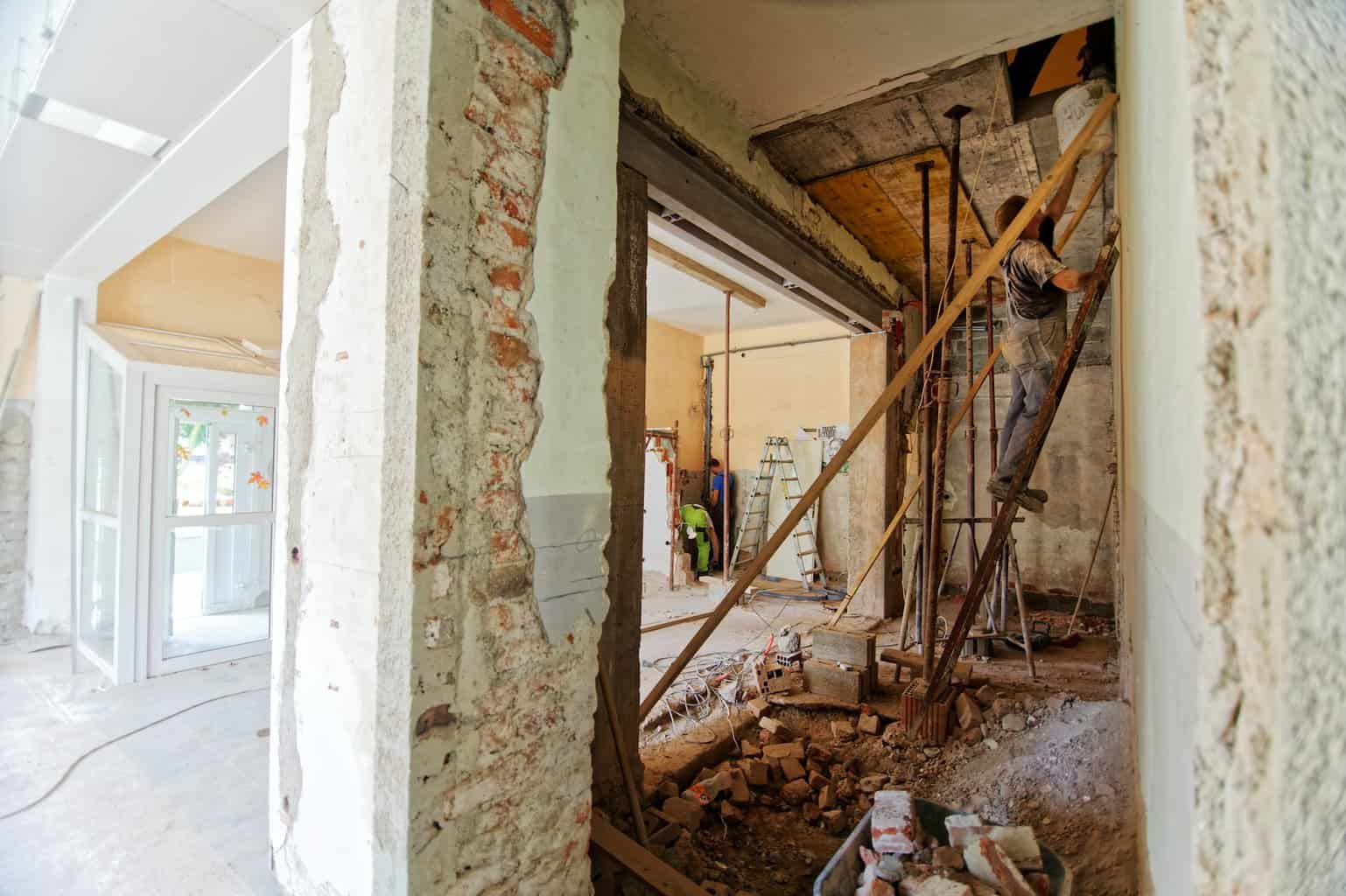
We are reader-supported. When you buy through links on our site, we may earn an affiliate commission.
Building a new home is an exciting project, but there’s a lot you need to know before you break ground.
Many laws and regulations surround your project. Here are the three most important construction laws to know before you begin your build.
1. Zoning
Zoning is the process governments use to regulate which type of buildings can be built in a designated area. This construction law is why you don’t often see random homes in a shopping complex or near government buildings.
You must ensure your home is in a residential zone, not a commercial, agricultural, industrial or another area.
Laws differ with each municipality, and it’s essential to know what they are for your property’s location.
Just because you have a property doesn’t mean you can do whatever you want. Local zoning laws tell you how you can use the land you purchased, including the building you can have on your property.
You can find zoning information free and available to the public. Each municipality has its own zoning office or planning board which will provide you with all the information you need. Getting permission from your zoning board is necessary to build your home legally.
2. Building Codes
While zoning laws focus on what type of home you can have on the property, building codes determine its dimensions.
These codes set the minimum legal requirements for the design and construction of structural systems, ventilation, plumbing and other home elements.
If you built a home before, it’s still important to re-evaluate them as officials update them now and then.
Whether it’s the size of your home or its safety, the United States and other countries utilize the International Building Code in making the right choices.
If you’re working with a builder, they should know what complies with local laws and regulations, but it’s best to research to ensure your home is safe and ready to live in. Your city should have a department that can assist you with any questions.
3. Permits
You might already know you need a permit to build a home, but getting a permit is more complicated than you might realize.
Your code office will need various items to approve your permit, including drawings, floor plans, measurements and an elevation view.
You are liable for any property damage during construction as a permit holder. You can partner with a contractor or building company when getting the permit, but it’s your responsibility to ensure the project happens safely.
These documents aren’t just for building a home. You need a permit to perform a renovation as well. The rules vary by municipality, but you may need a permit for a home addition, new building, pool, deck, electrical system update or major plumbing update.
Knowing the Construction Laws for Your Build
Knowing the construction laws for building your home is important so you don’t get into financial and legal trouble.
You can find information about your area online or by visiting municipal government offices. Consult with your builder or contractor about the best options for your new home.










